The world of literature has long been a sanctuary for human creativity, storytelling, and deep philosophical thought. From classic literature to modern bestsellers, the act of writing has been an art form that reflects the very essence of human emotion and intellect. However, as we step into an era dominated by artificial intelligence, a looming question arises: Can AI-generated books replace human writers?
AI-generated content is no longer a futuristic concept—it is here, shaping the way stories are created, published, and consumed. From automated article writing to AI-assisted novel development, machine learning models like GPT-based algorithms have revolutionized the writing process. But does this mean the end for human authors, or is there a way for both to coexist in the literary world?
In this in-depth exploration, we will examine the rise of AI-generated books, the technology behind them, the ethical and creative concerns surrounding their use, and how writers can adapt to this evolving landscape.
Chapter 1: Understanding AI in Literature
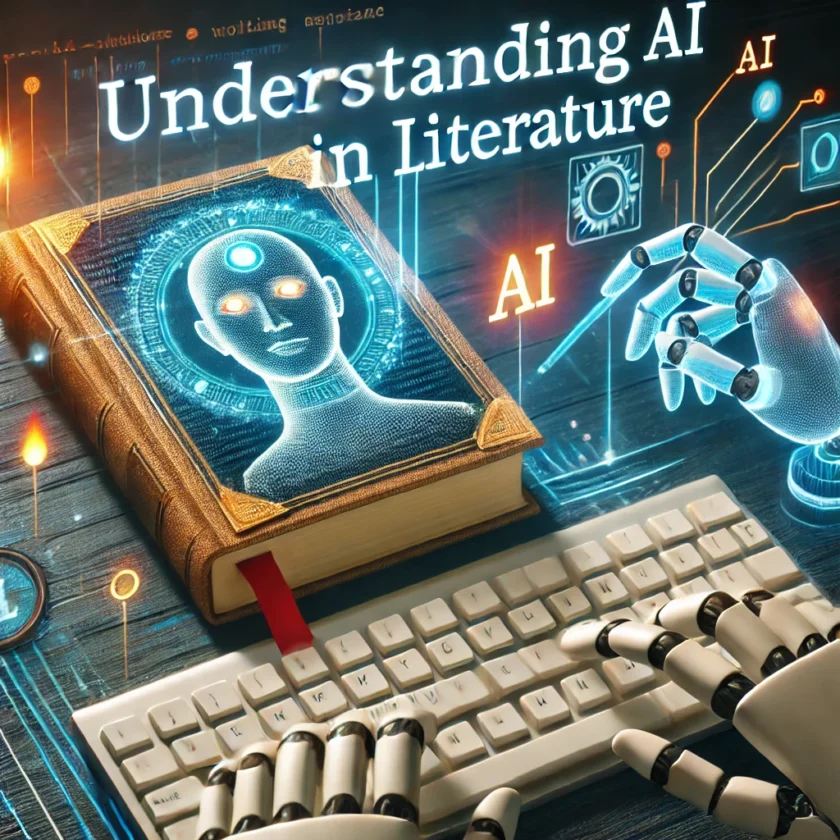
1.1 What Are AI-Generated Books?
AI-generated books refer to written works—novels, essays, poetry, and more—created with the assistance of artificial intelligence. These can range from fully AI-written content to AI-assisted books where human authors use AI tools for idea generation, structure building, and editing.
Key technologies powering AI-generated literature include:
- Natural Language Processing (NLP) – Enables AI to understand, process, and generate human-like text.
- Machine Learning Models – GPT (Generative Pre-trained Transformer) and other advanced models analyze vast amounts of text data to produce coherent narratives.
- Neural Networks – Mimic human cognitive functions to craft meaningful and stylistically diverse writing.
1.2 The History of AI in Writing
AI’s involvement in writing dates back decades, beginning with:
- Early Computer-Generated Poetry (1960s) – Programs like ELIZA attempted to mimic human dialogue.
- Automated Journalism (2010s) – AI-powered news generation became common for financial reports and sports summaries.
- AI-Assisted Novels (2020s) – The emergence of AI tools that help authors draft stories and even publish entire books.
Chapter 2: How AI-Generated Books Are Created
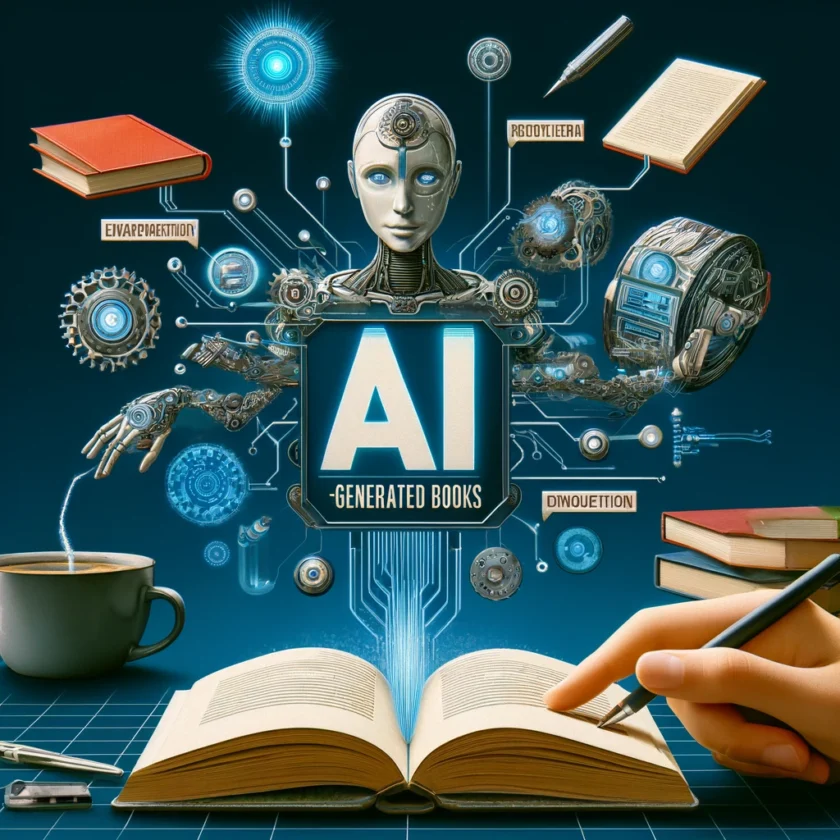
2.1 The Process Behind AI-Written Books
AI-generated books go through several stages, similar to traditional writing but with key technological differences:
- Data Collection – AI models are trained on vast libraries of existing books.
- Prompt Engineering – Users input specific ideas or styles for AI to generate text accordingly.
- Content Generation – AI writes paragraphs, chapters, or even full-length manuscripts based on learned patterns.
- Editing & Refinement – Human editors refine the AI-generated content to ensure coherence and emotional depth.
- Publishing & Distribution – AI-assisted works are published through self-publishing platforms, traditional publishers, or online databases.
2.2 Popular AI Writing Tools
Some widely used AI tools for book generation include:
- OpenAI’s GPT Models – Used for generating complex narratives and dialogue.
- Sudowrite – Helps authors brainstorm and develop story elements.
- Scrivener with AI Integration – A professional writing tool enhanced with AI-assisted features.
Chapter 3: Advantages of AI-Generated Books
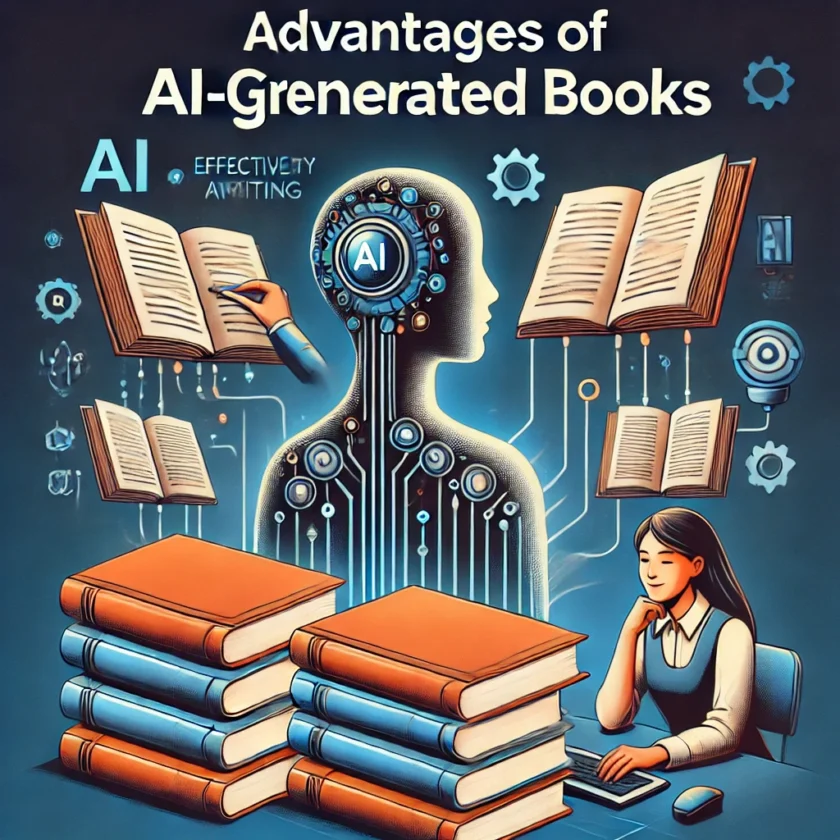
3.1 Increased Writing Efficiency
One of the biggest advantages of AI writing tools is efficiency. Authors can generate drafts faster, streamline the editing process, and optimize research time.
3.2 Cost-Effectiveness
Hiring professional editors and ghostwriters can be expensive, but AI can assist in reducing these costs while maintaining quality.
3.3 Expanding Creative Possibilities
AI can generate innovative ideas, suggest plot twists, and offer new perspectives that human writers might not have considered.
Chapter 4: Challenges and Ethical Concerns
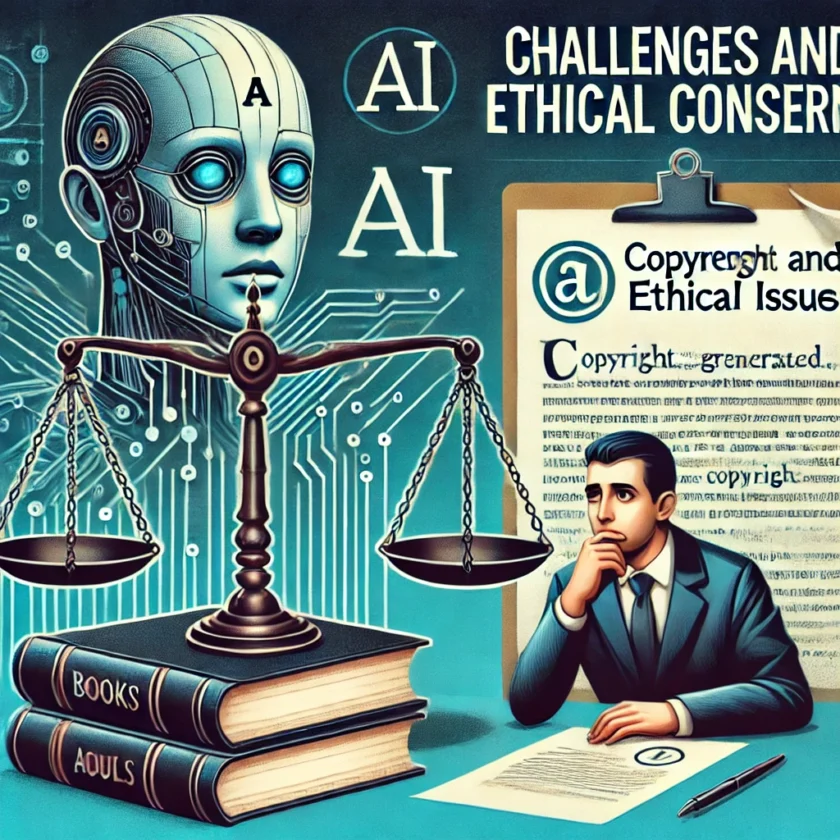
4.1 Lack of Human Emotion and Depth
While AI can mimic human language, it struggles to capture true human emotion, cultural nuance, and philosophical depth, which are critical in impactful storytelling.
4.2 Copyright and Ownership Issues
The question of intellectual property in AI-generated books is complex:
- Who owns the rights to AI-generated books?
- Can AI-written content be copyrighted?
- How do publishers and legal frameworks handle AI-authored works?
4.3 Threat to Traditional Writers
As AI-generated content becomes more widespread, there are concerns that human writers may struggle to compete in an oversaturated market. Will literary authenticity be replaced by machine-generated efficiency?
Chapter 5: The Future of AI in Literature
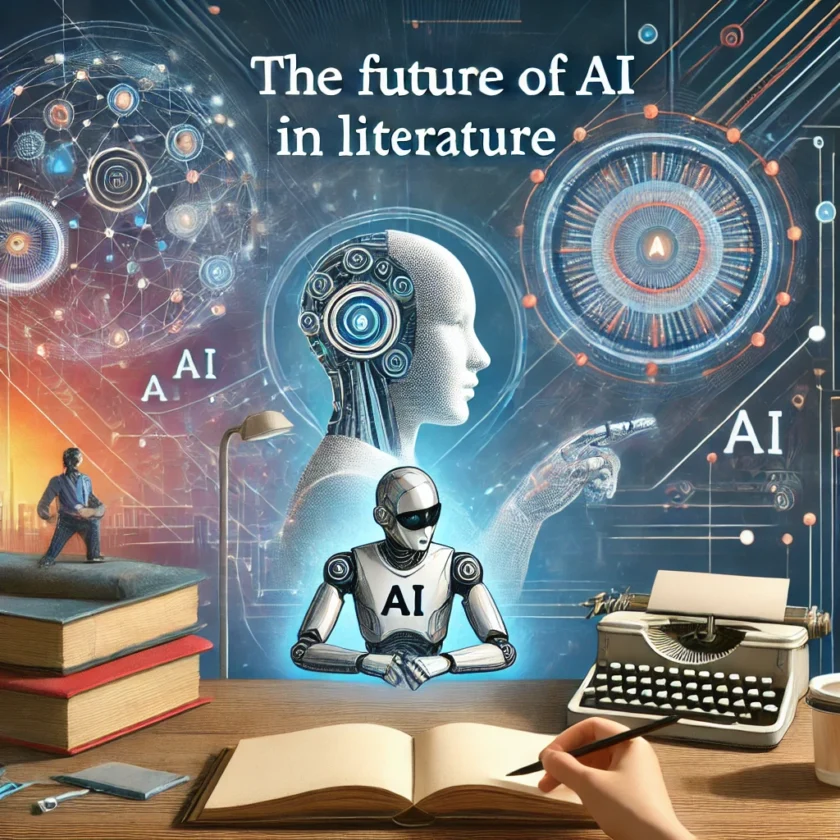
5.1 Can AI and Human Writers Coexist?
Many experts argue that AI should be seen as a tool rather than a replacement for writers. Collaboration between AI and human creativity could lead to:
- AI-assisted writing workshops
- Hybrid books (AI + human authorship)
- AI-driven personalized storytelling for readers
5.2 Ethical AI Implementation in Publishing
Publishers and platforms must establish guidelines for AI-generated books, ensuring:
- Transparency about AI involvement in writing.
- Ethical AI use without plagiarism or content theft.
- Maintaining literary diversity rather than homogenized AI-produced narratives.
6. The Impact on the Publishing Industry
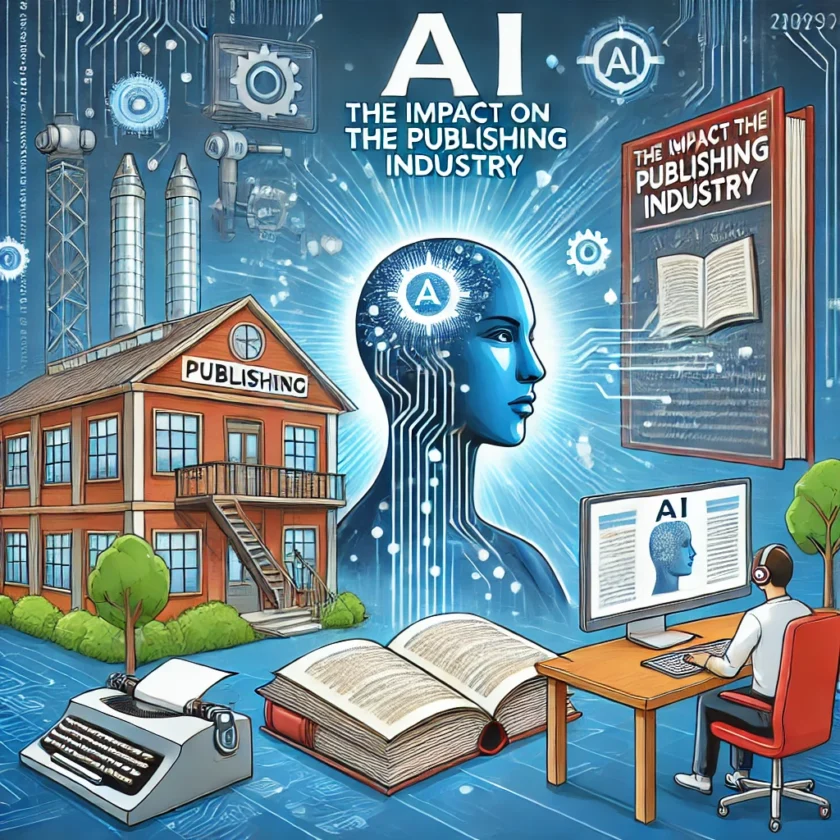
6.1 Traditional vs. AI-Generated Publishing
AI-generated books are disrupting the traditional publishing model by enabling faster, cheaper production. However, traditional publishers still provide vital elements like quality control, marketing, and credibility.
6.2 The Role of Self-Publishing
Self-publishing platforms, such as Amazon Kindle Direct Publishing (KDP), allow AI-assisted authors to reach global audiences without traditional gatekeepers. This trend is democratizing book publishing but also increasing market saturation.
7. How Writers Can Adapt to the AI Revolution
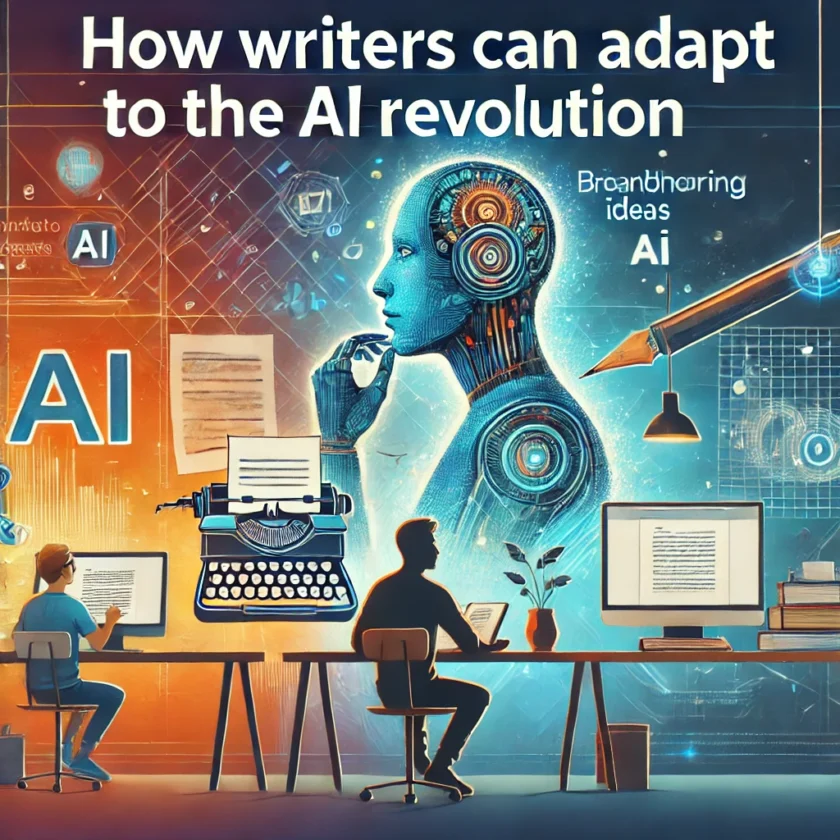
7.1 Leveraging AI as a Writing Assistant
Instead of fearing AI, writers can use it as a tool to enhance creativity, improve efficiency, and generate new ideas while maintaining a human touch.
7.2 Building a Unique Literary Voice
One advantage human writers have over AI is authenticity and emotional depth. Writers who emphasize originality and personal storytelling will always have a place in the literary world.
Conclusion
The rise of AI-generated books presents both opportunities and challenges in the world of literature. While AI has made significant strides in creative writing, it is clear that human authors still bring an irreplaceable depth, emotion, and cultural significance to storytelling. The literary world is at a crossroads—should AI be embraced as a co-author, or will it diminish the authenticity of literature as we know it?
The answer likely lies in balance: utilizing AI as a powerful tool for enhancing human creativity rather than replacing it altogether.
What are your thoughts? Can AI-generated books coexist with traditional literature, or are we heading toward an era where human writers become obsolete? Let us know in the comments!




